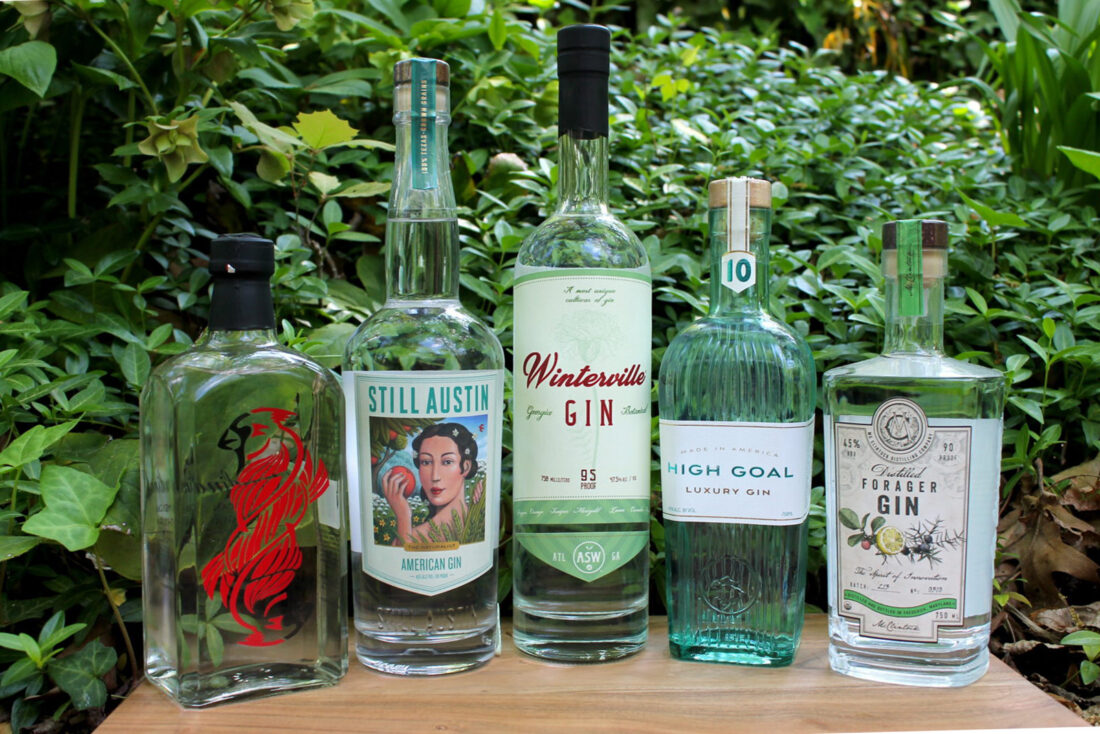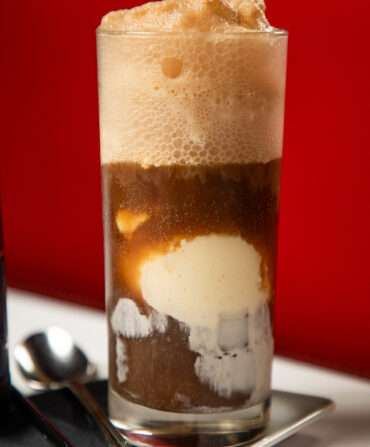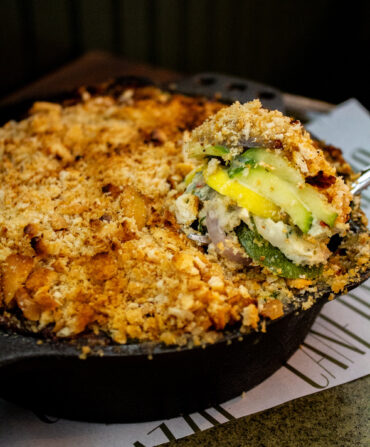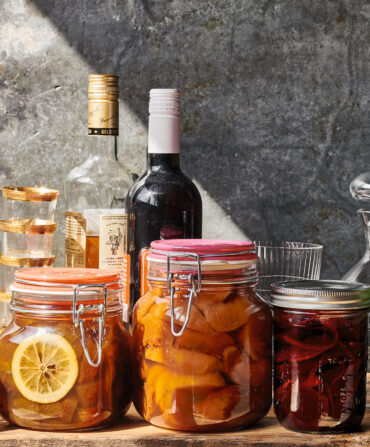No irate letters, please. Bourbon is and shall always be the superstar, the top dog, the exalted grand poobah of Southern spirits. But at a certain point on the calendar, right about when afternoon temps start grasping for the upper end of the thermometer (in other words, right about now), even the most dedicated bourbon fans can find themselves preferring something a bit less warming, a bit cooler and crisper and reliably refreshing. Yes, for a not-insignificant swatch of Southern imbibers, summer is gin season.
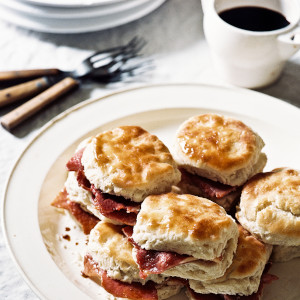
The nice thing is that pulling a summer gin switch doesn’t mean suspending support for local distilleries, as the craft-spirits boom has introduced a liquor cabinet’s worth of high-quality gins being produced across the South. “Frankly, the South has so much to offer in the world of natural ingredients, like flowers and herbs for infusions, that it’s hard to not make gin,” says Adam Horner, a gin-fancying mixologist at the Charlotte cocktail spot the Crunkleton. “I love the versatility of gin and its ability to take on other flavors, especially citrus. It’s delicious by itself, or you can add tonic and it’s just as delicious.”
As evidenced by the sampling below, Southern distilleries are meeting the season with gins in a variety of expressions, often with local ingredients and backstories. After offering his tasting notes, Horner provides an easy recipe for a vermouth-enhanced riff on the traditional G&T.
Cardinal Gin
Southern Artisan Spirits, Kings Mountain, North Carolina
Twin brothers Alex and Charlie Mauney have used all-organic ingredients to craft small-batch gin out of a former hosiery mill since 2012. Says Horner of their flagship Cardinal American Dry Gin: “This is the straightforward, dry-style gin that many people will recognize. They flavor with eleven botanicals, including juniper, mint, cloves, cardamom, frankincense, and spearmint. It’s definitely juniper-forward, and mint-forward as well.”
The Naturalist
Still Austin, Austin
“Still Austin mainly produces whiskeys but also makes a great product when it comes to its one gin,” Horner says. Notably, the distillery mills its own Texas-grown rye and corn to yield a spirit enhanced by a dozen botanicals in hundred-gallon batches. “There’s elderflower, orris root, Jamaican allspice, and three types of citrus, making this gin very floral and spice-forward, with a touch of citrus.”
Forager Gin
McClintock Distilling, Frederick, Maryland
“This distillery uses an interesting vapor-infusion process to flavor its gins,” Horner notes. Ingredients include certified-organic, non-GMO orange, ginger, honeysuckle, rose hips, chicory root, and other botanicals inspired by native Appalachian herbs. “The result is grassy, herbal, and spicy. I think I might most recommend this is a sipping gin, served neat or over a rock.”
High Goal Luxury Gin
Grain & Barrel Spirits, Charleston, South Carolina
Conceived by a trio of gin lovers gathered at a polo match in Florida, High Goal’s branding is all about handsome horses, swaying palms, and picnic blankets spread over manicured grass. “This is one of my favorites. The profile is so light and refreshing, the definition of a summertime gin,” Horner says. “It’s infused with all-Southern ingredients, including Meyer lemons, which I love. Because it’s so light and citrus-forward, it goes great as a martini or in other cocktails.”
Magic City XXI
Big Cypress Distillery, Miami
Upping the eleven botanicals Big Cypress uses in its original gin, Magic City XXI boasts a whopping twenty-one botanicals (hence the Roman numeral) that include ginger, orange, grapefruit peel, and lemon balm to produce a tropical-leaning flavor profile. “It’s a bit spice-forward, but with the ginger and lemon balm in there, I’d definitely recommend this for a gin and tonic,” Horner says.
Winterville Gin
ASW Distillery, Atlanta
Though ASW is best known for bourbon, rye, and single malt whiskeys, its sole gin may have the most personal connection of its entire portfolio. It’s named for the Georgia town where one of the distillery’s founders grew up, and traditional juniper is toned down in favor of Winterville’s official symbol—marigold flowers—along with hints of citrus and coriander. “Naturally, this gin is heavy on the floral notes,” Horner says, “making it great for a martini.”


